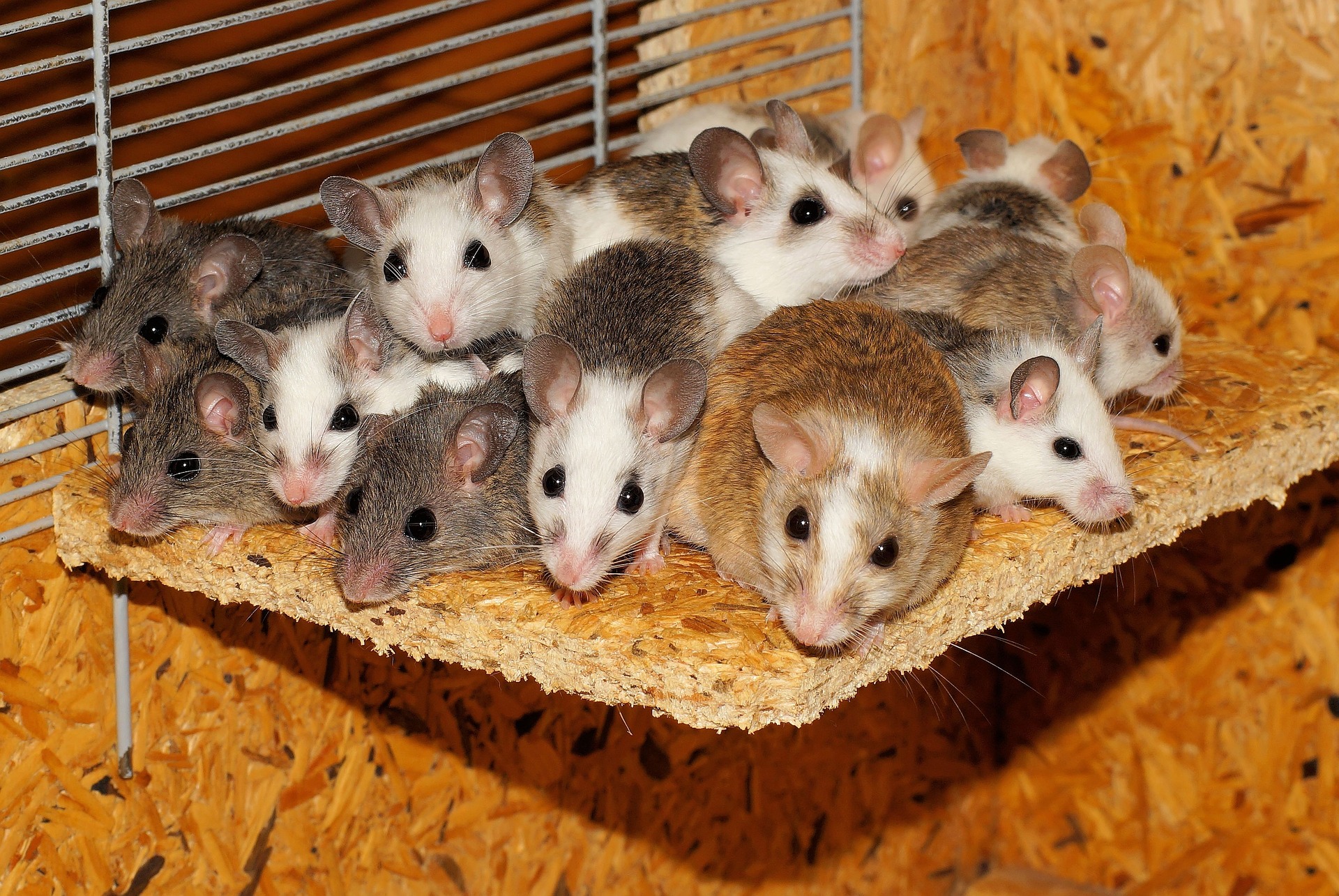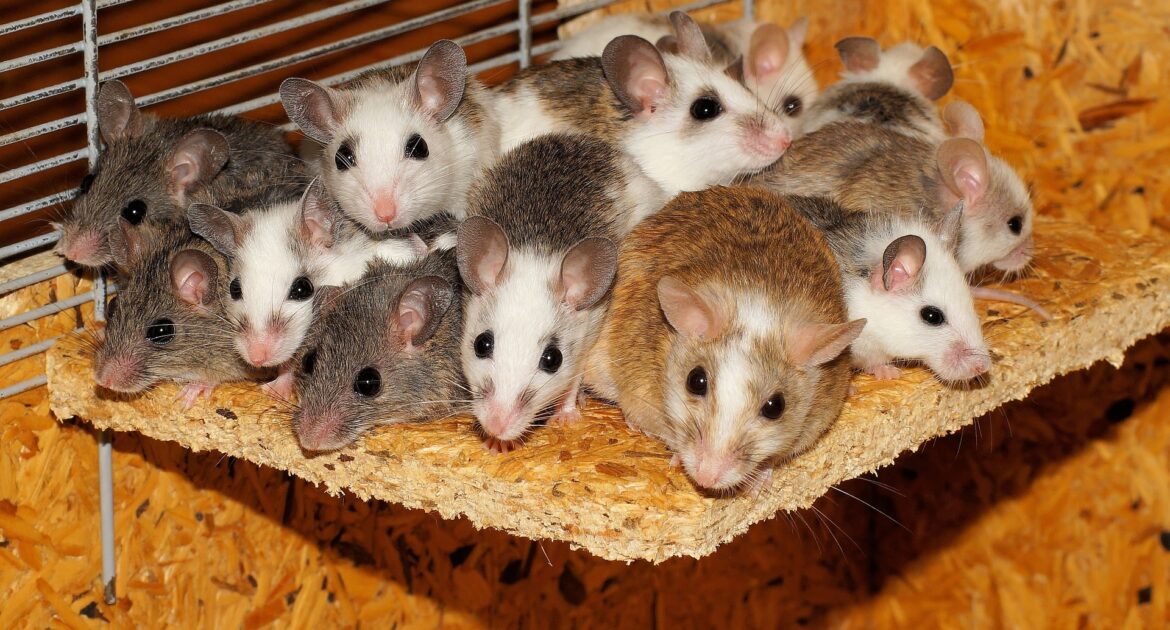Most animal species have certain times of the year when they are active or mating. These times offer homeowners a brief vacation from the worry of intrusion or structural damage. While most people love wildlife, you cannot deny the frustration or concern that occurs when you see a squirrel or bird sitting patiently on your roof, seemingly inspecting any vulnerable points of entry. Thankfully most of the critters you find around your house calm down during the colder months, most but not all, specifically mice. If you see a mouse anywhere near your home anytime during the year, call Coquitlam wildlife control.
Dormant Season for Mice
While many animals have dormant times of the year, mice pretty much remain active year-round. In fact, many wildlife technicians can show you pictures of mice scurrying through the snow to prove it.
While mice do not have a dormant period, they will still seek warmth and shelter like other animals during the colder months, meaning your property is especially vulnerable during the fall and winter. However, once inside, the animal will remain active, seeking food, water, and nesting materials.
Active Mating Season
Unfortunately, unlike other species that only mate once or twice per year, mice maintain an active mating season all year long. Still worse, a mouse can have a litter of up to 60 babies. Those babies will reach sexual maturity in only a few weeks, meaning they are capable of producing 60 more babies, in addition to the new litter momma mouse has. It does not take long for two mice to become 62 and then multiply into the hundreds. Often a homeowner can go from a minor infestation of two or three mice to one of two-hundred or more within six months.
Because of the rapid population growth of mice, it is vital to reach out to a professional and humane wildlife removal expert as soon as you suspect a problem. While you might not see a mouse, you might find evidence of them. For example, you might find mouse droppings in the attic or basement, hear scurrying in walls or the ceiling, or find chewed wires behind TVs and computers.
Health Risks and Danger
While mice might be cute to look at, they tend to carry harmful bacteria and diseases. You do not want to handle a wild mouse by hand. Remember, a wild animal is unpredictable and is not meant to be tamed.
Mice can also provide safety risks. A rodent’s teeth never stop growing, so they need to chew continuously to shave them down. Unfortunately, a mouse does not understand what is safe to chew and what isn’t. Mice have caused many house fires because they chew through electrical wires causing shorts and sparks.
Mice Exclusion
The most effective and humane way to eliminate your mouse problem is through exclusion. Exclusion is the process of sealing all entry points after the mice vacate the property. To ensure that the mice leave the house and do not return, a wildlife technician will install a one-way exit over entry points. After providing enough time, the professional will return and seal the holes. However, they will also inspect the property to look for evidence of any other rodents present in the home.
Mice are not like other species. They remain active throughout the year, including mating. If you believe you have a mouse problem, it is crucial to contact Skedaddle Humane Wildlife Control for a property assessment and an exclusion plan. As a humane wildlife service, you can rest assured that the Skedaddle team will do everything in their power to keep your family and the wildlife safe.




